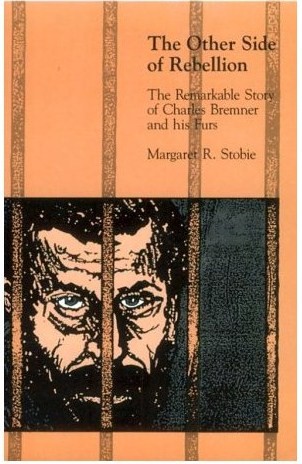
When I was an undergraduate in the 1970s there was a pioneering women’s studies course on campus. It was interdisciplinary, and I believe it was team taught. The course was discussed among students – with the exception of those who were self-proclaimed feminists, a tiny minority – in much the same way that a Communist cell might have been discussed during the early years of the cold war. A rumour circulated that “there is a guy taking the course.” When I started a tenure-track job in the late 1980s, female faculty comprised about one-quarter of my department, and gender issues came up frequently, and sometimes contentiously, in discussion about the curriculum, hirings, and occasionally about the conduct of meetings. With the sudden rise to prominence of feminist criticism and the institutional and societal concern with equity in the workplace, it was clear that a revolution was in progress. Things have changed so much since those days that it is hard to realize that they were only twenty years ago. In the last five years, my department (of nineteen full-time members) has hired ten new tenure-track faculty. That is in itself a remarkable fact, but it is also noteworthy that the gender ratio of those appointments is 3 men to 7 women. This was not the result of any conscious policy, but rather is a reflection of the feminization of English studies. As another example of this, I noticed that at several sessions at this year’s Congress that the graduate students and junior faculty in the room were almost entirely female.
This personal reminiscing is by way of a historical preamble to a passage from Northrop Frye’s Selected Letters which provides an excellent illustration of the way things were before the feminist revolution. Frye is writing to Robert Heilman, chair of English at the University of Washington in 1951:
Dear Robert,
Thanks very much for your letter. If there weren’t a catch, I could recommend the best teacher of Middle English that you or any other English department is ever likely to get. She’s a wonderful girl named Margaret Stobie, now at Winnipeg, Manitoba, Ph.D., author of a Middle English grammar and of several articles ranging from scholarly notes in PMLA to studies in the metre of Hopkins. Excellent teacher. It’s no doubt irrelevant to add that she’s a great pleasure to look at. The catch is her husband Bill, a most agreeable and likeable chap, will get along in any society, probably do a good teaching job with elementary composition classes, but no scholarship and little promise of any. The conventions of modern society don’t permit the woman to do the job and the man to wash the dishes, which is what’s appropriate here: Bill would make an excellent faculty wife. They’ve had a lot of jobs because people hire Bill to get Peg, and then a new administration comes in that fires all married women, which is why she’s unemployed now.
Margaret Roseborough Stobie, who was a friend of Frye from graduate school days, died in 1990. Those who want to see more details about her academic career can find information here on the University of Manitoba Archives website; it is interesting to note that she was “the first woman appointed to the academic panel of the Canada Council.” In Frye’s comments to Heilman he clearly recognizes that the “conventions of modern society” are at odds with what is obviously appropriate and desirable, which is that Margaret Stobie should be hired for her own merit. Superficially, by today’s standards, his letter might be considered a bit condescendingly sexist, but in the context of the time and the situation, I think it reveals his essential liberalism.
Two additional comments: 1. An anecdote in John Ayre’s biography of Frye indicates that Stobie was skeptical of Frye’s archetypal method of criticism. 2. William Stobie died in 2007, leaving the couple’s fortune of $7 million to the University of Manitoba, where they finished their teaching careers. The money, the largest bequest ever received by the university, is specifically designated for the purchase of books in the literary humanities. An article in the National Post observes that “The Stobies donated the money without asking that their name be placed on any building on campus – a rare move for anyone giving a multimillion-dollar gift.”
